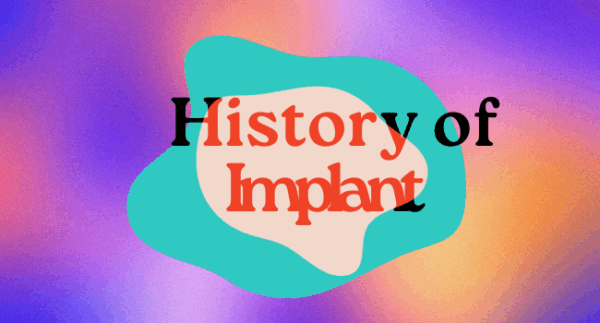Insights: Self-Care Support Practices in Abortion
Written by Rachna Vanjani
Counseling around abortion has traditionally centered around options counseling and medical facts; patients typically receive information about the steps of the abortion, side effects, risks, and what to expect in terms of bleeding, cramping, and pain. Holistic care around mental, emotional, and spiritual well-being during and after an abortion should also play an important role in the counseling process.
While abortion is safe, the emotional burden placed on pregnant people seeking an abortion, especially since the June 2022 Dobbs decision, has increased. Many states have restricted or banned abortion, forcing pregnant people to travel across state lines to seek abortion services. Traveling to obtain abortion care is emotionally burdensome, and can cause distress, stress, anxiety, and shame.1 Abortion is also associated with significant social stigmatization. In the Turnaway study, more than half of women* seeking an abortion felt they would be looked down upon at least “a little bit” by people close to them if they knew they had sought an abortion.2 The anxiety that individuals experience after receiving abortion care appears to be more closely linked to social stigmatization than to personal regret.3 Given the disproportionate burden of stress associated with the unequal distribution of resources, marginalized individuals, including but not limited to Black, Indigenous, Latinx, immigrants, refugees, sexual, gender, and religious minoritized groups, have been more affected by the Dobbs decision.3
Given this political climate and the social stigma associated with abortion, more people are also turning to self-managed abortion. While there are plenty of medical resources available for people seeking education on self-managed abortion,4 resources on how to care for one’s emotional and mental well-being are lacking. Vitala Global is an organization working to create digital holistic abortion care information, and is currently available in Canada and Venezuela with plans to expand to the US soon. Exhale Pro-Voice, DOPO, and Reprocare Helpline offer text and phone-based emotional and spiritual support to people having abortions.
RHAP’s new 4.25″ x 5.5″ pocket self-care abortion card is a resource to provide your patients with self-care and support. This card offers a holistic lens to counseling and provides patients with information on how to care for themselves during or after an abortion with a focus on time, space, support, nourishment, and mindfulness. The card also provides a music playlist featuring BIPOC artists and a “RAIN” meditation that allows the patient to “Recognize what is happening; Allow the experience to be there, just as it is; Investigate with interest and care; and Nurture with self-compassion.” We hope this offering serves as a self-care tool beyond the patient-provider interaction. The intention is to allow clinicians the opportunity to check in with their patient, ask what they normally do to take care of themselves in challenging situations, and encourage patients to take some time for themselves with those self-care practices. The art on this card is created with love and intention by Priya Handa, a muralist and tattoo artist in Brooklyn, NY. The card is available to be downloaded or printed on our website.
*The studies cited in this Insights use the term “women.” RHAP recognizes that this language is not inclusive of all people who seek abortion care. A person’s biology does not determine their gender.
RHAP Resources:
Sam’s Medication Abortion Zine
Elena’s Aspiration Abortion Zine
Pharma-free: The Reproductive Health Access Project does not accept funding from pharmaceutical companies. We do not promote specific brands of medication or products. The information in the Insights is unbiased, based on science alone.
Sign-up to Receive Insights Monthly!
If you enjoyed this Insights, sign up to have them delivered to your inbox! Insights are released on the fourth Tuesday of every month!

